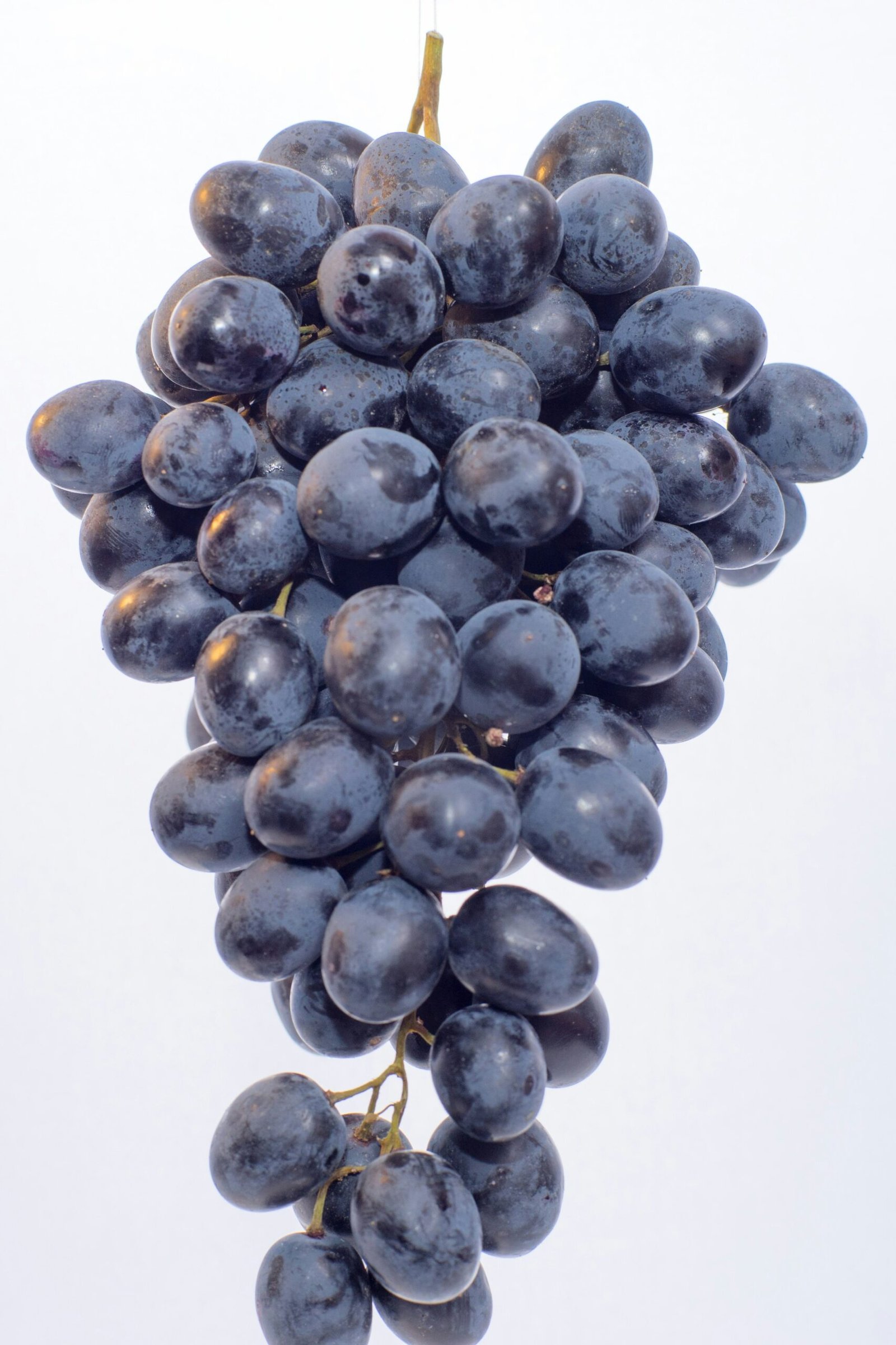OPCs and Grape Seed Extract: A Guide to Uses and Scientific Evidence
What are OPCs and Grape Seed Extract?
OPCs, or Oligomeric Proanthocyanidins, are a class of flavonoids found in various plant sources, including grape seeds. Grape Seed Extract is derived from the seeds of grapes and is rich in OPCs.
Uses of OPC and Grape Seed Extract
OPCs and Grape Seed Extract are commonly used as dietary supplements for their potential health benefits, including:
- Antioxidant support
- Cardiovascular health
- Skin health
- Cognitive function
- Eye health
- Anti-inflammatory effects
Scientific Support for OPC & Grape Seed Extract
Research indicates that OPCs and Grape Seed Extract possess potent antioxidant properties, which may help protect cells from oxidative damage and support overall health[1]. These antioxidants scavenge free radicals, reducing oxidative stress and inflammation in the body. Additionally, OPCs have been shown to enhance the activity of other antioxidants, such as vitamin C and vitamin E, further boosting their protective effects[2].
Several studies have also suggested their potential benefits in improving cardiovascular health, promoting skin elasticity and hydration, enhancing cognitive function, supporting eye health, and reducing inflammation. The mechanisms behind these benefits include improved blood flow, enhanced collagen synthesis, protection against UV radiation, and modulation of inflammatory pathways[3][4][5].
Health Concerns
While OPCs and Grape Seed Extract are generally considered safe for most people when taken at recommended dosages, some individuals may experience mild side effects such as headache, dizziness, or digestive issues. Additionally, individuals who are allergic to grapes may experience allergic reactions to Grape Seed Extract.
Recommended Standardization or Dosage
OPCs and Grape Seed Extract supplements should be standardized to contain a specific concentration of OPCs, typically ranging from 95% to 98%. As for dosage, the recommended amount varies depending on the specific health condition being targeted. However, typical dosages range from 100 mg to 300 mg per day, divided into two or three doses.
References
- Bagchi D, Bagchi M, Stohs SJ, et al. Free radicals and grape seed proanthocyanidin extract: importance in human health and disease prevention. *Toxicology*. 2000;148(2-3):187-197. doi:10.1016/s0300-483x(00)00210-9
- Balekar N, Katkam N, Nakpheng T, Jehtae K, Srichana T. Potential health benefits of encapsulated grape seed extracts as functional food ingredients. *Food Science and Human Wellness*. 2018;7(3):193-199. doi:10.1016/j.fshw.2018.09.001
- Facino RM, Carini M, Stefani R, Aldini G, Saibene L. Anti-elastase and anti-hyaluronidase activities of silymarin phytosome in human skin-derived fibroblasts. *Life Sciences*. 1998;62(6):551-556. doi:10.1016/s0024-3205(97)01143-7
- Murray MT, Pizzorno JE, Pizzorno L. *The Encyclopedia of Natural Medicine*. 4th ed. Atria Books; 2012.
- Sato T, Miyata G. The nutraceutical benefit, part III: grape seed extract. *Nutrition*. 2000;16(5):395-396. doi:10.1016/s0899-9007(00)00264-5
- Yamakoshi J, Sano A, Tokutake S, et al. Oral intake of proanthocyanidin-rich extract from grape seeds improves chloasma. *Phytotherapy Research*. 2004;18(11):895-899. doi:10.1002/ptr.1553
Conclusion
OPCs and Grape Seed Extract offer a natural and potent source of antioxidants, particularly OPCs, which have been linked to various health benefits. While more research is needed to fully elucidate their therapeutic potential, current evidence supports their use in promoting overall health and well-being. When considering supplementation, it’s essential to choose a standardized product and follow recommended dosages for optimal efficacy. Consult with a healthcare professional before starting any new supplement regimen, especially if you have existing health conditions or are taking medication.


